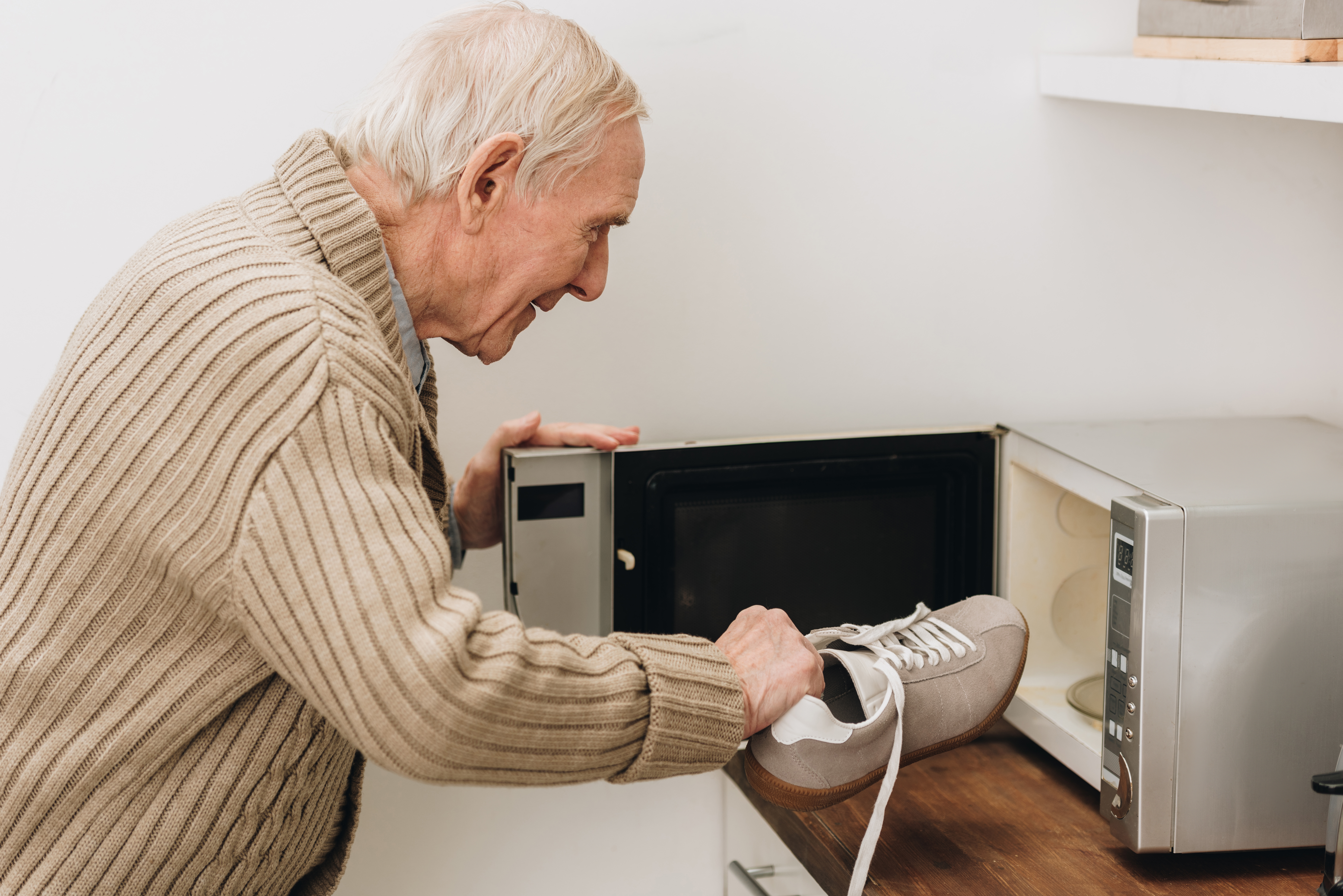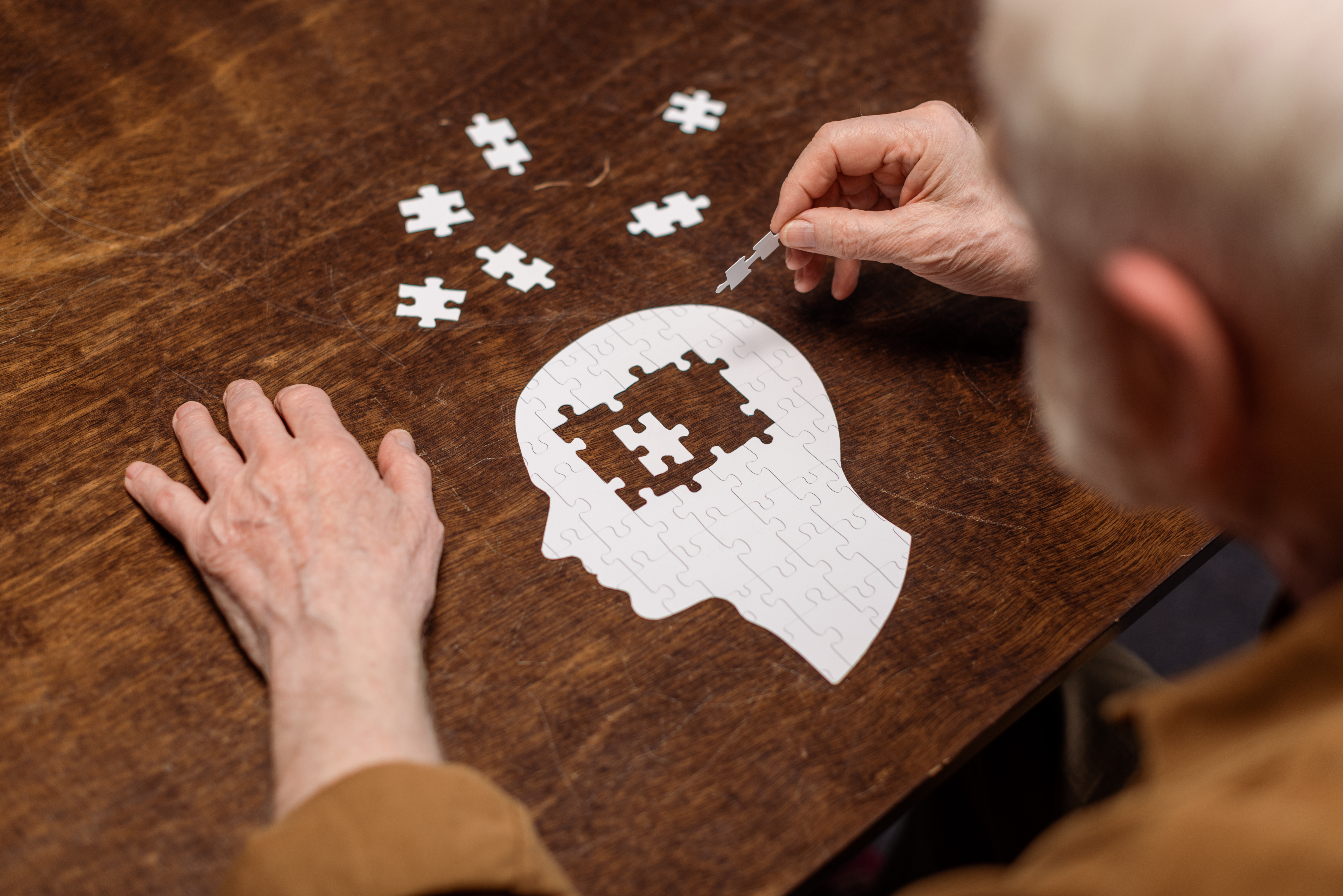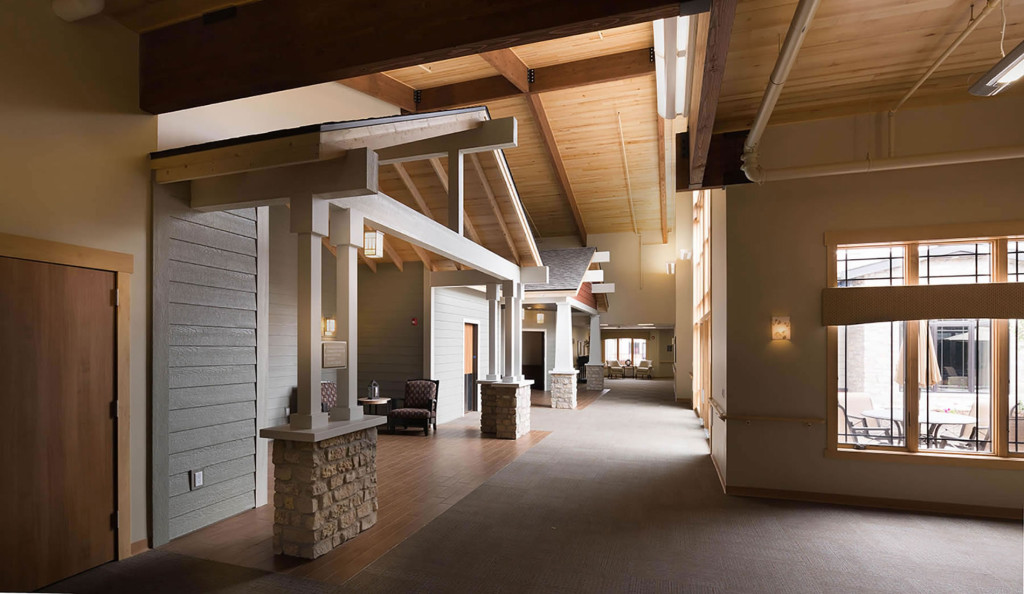As you age, your body changes internally and externally. You’ll notice more wrinkles when you smile and even gray hair. You'll even see that it takes more time to think through situations or occasionally forget where you place your keys. When these situations start to disrupt your life and won't fix themselves, early signs of dementia occur.
Dementia and Alzheimer’s Disease
Dementia
Dementia is the general term for individuals experiencing loss of cognitive functioning. This may involve memory loss, problem-solving and language issues, and other thinking that interfere with everyday life. Dementia can also include difficulties with social interaction. As many as 55 million people live with dementia worldwide.
While these symptoms may seem like signs of normal aging, it’s not normal when these symptoms interrupt daily life. Forgetting items now and then or even having difficulty retrieving the right words can be signs of normal aging. When these symptoms interfere with your ability to function or remember new things, it may be more than just normal aging.

Alzheimer’s Disease (AD)
Sometimes Alzheimer’s Disease is mistaken for dementia. However, remember that dementia is a general or umbrella term for the loss of cognitive functioning impairing daily life. While they are related, AD is one of many illnesses under the umbrella.
Alzheimer’s Disease is the most common cause of dementia. This disease causes damage to nerve cells in the form of plaques and tangles. As many as 5.8 million people live with AD, and unfortunately, there is currently no cure.
AD is also a gradual progression. The early stages of Alzheimer's disease involve physical changes to the brain, but the individual does not experience any thinking issues. In this stage, individuals can take care of themselves independently without any changes to their activities of daily living.
As the disease progresses, patients may experience more memory problems and difficulties performing everyday tasks such as brushing their teeth. Caregivers or family members take care of these tasks during these late stages.
Other forms of dementia
While Alzheimer's Disease is the most prevalent type of dementia, others are included under the umbrella. Here are some examples of other forms of dementia:
- Vascular Dementia
- Parkinson’s disease dementia
- Frontotemporal Dementia
- Huntington’s Disease
- Parkinson’s Disease
- Korsakoff Syndrome

What are Memory Care Services?
Treatment and care for individuals with dementia can be challenging. However, memory care facilities or communities can provide an alternative to provide the best quality of life in a safe setting.
Features of memory care communities
Accommodations:
Sometimes in long-term care settings, you’ll find specialized areas specific to memory care. Memory care services provided within this setting is more personalized. Staff are dedicated and trained to take care of individuals with dementia and other cognitive difficulties.
Accommodations provided within a memory care facility is very similar to traditional assisted living facilities. Housekeeping, meal options, and alert systems, are examples of these accommodations.

Activity programs:
Memory care facilities provide experienced staff trained in dementia care. They also offer daily activities to help stimulate their minds and bodies to increase their body's resilience and reduce anxiety. However, since individuals in memory care have specific needs, activity programs are based on current abilities and past interests.
The Home Environment:
Care is an essential aspect of seniors living within a memory care facility. The home environment is just as important. The physical layout of senior living facilities has changed throughout the years. Memory care facilities, in particular, have now considered the way individuals who have dementia would function optimally.
Senior living facilities have now adopted a home-like structure. These household and neighborhood model designs help create a familiar environment and decrease stress on persons with dementia. They make hallways resembling streets and entrances that resemble the front of houses.
A sign of dementia is often when a person becomes easily lost or wandering. They become confused about where they are when they don't recognize their surroundings. So, facilities like Pine Haven Christian Communities have also incorporated looping hallways and enclosed courtyards. This environment provides a safe place for seniors to wander, alleviate stress, and even exercise.

Resources for Dementia Care Support
Memory care services and facilities take a holistic approach to providing the best quality of care to seniors living with dementia.
Several services across the nation specialize in dementia support, education, and services. Such as:
Alzheimer’s Association
Alzheimers.gov
Alzheimer’s Foundation of America
National Institute on Aging Information Center
The Aging and Disability Center
How can we help?
Pine Haven Christian Communities is here to serve our seniors within a Christ-centered haven that offers quality and compassionate care. Our memory care communities provide an environment that is truly home.
We have three different memory care programs: early to mid-stage, mid to late-stage, and high acuity. Our memory care continuum provides the individual with the most care appropriate to their medical needs.
Individuals requiring specialized memory care services will be assessed, so we provide the best level of care for their needs. Contact us today to learn more about our specialized memory care services.
